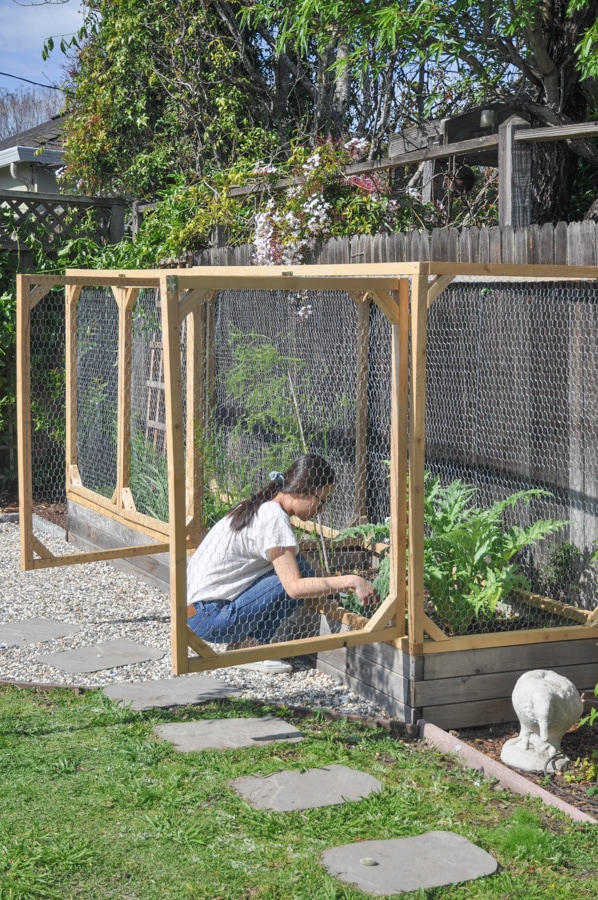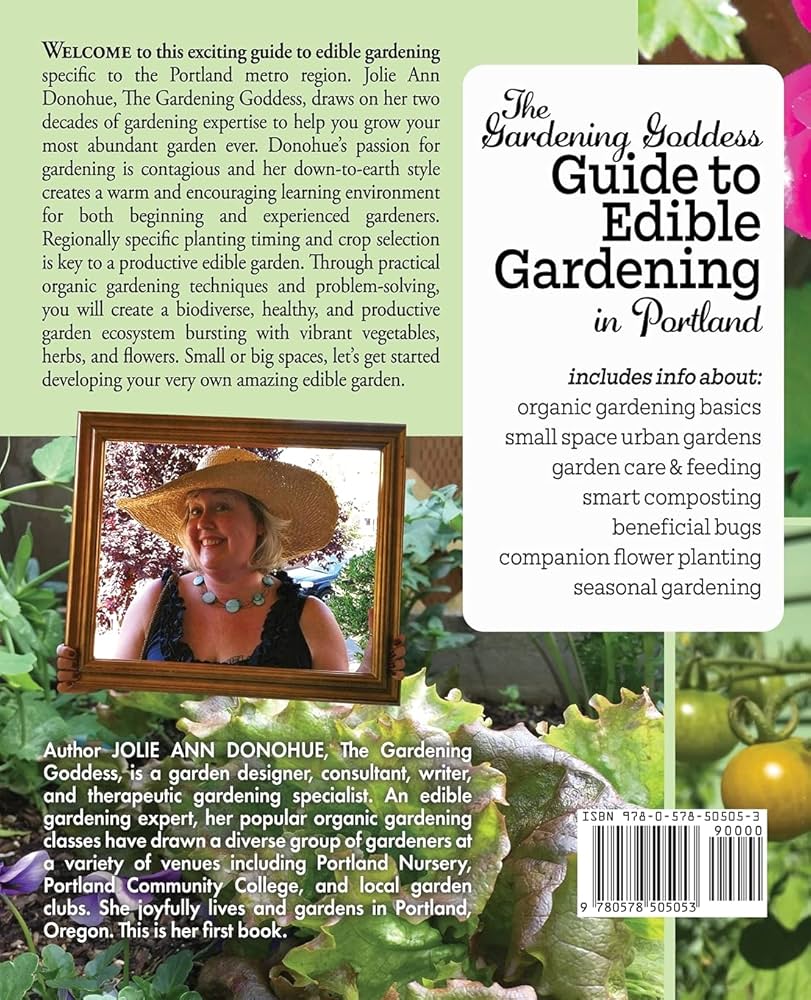Top Colleges Offering Organic Gardening Classes for Sustainable Agriculture Enthusiasts. Discover The top colleges offering organic gardening classes! Perfect for sustainable agriculture enthusiasts eager To grow their skills & make a difference.
What are Top Colleges Offering Organic Gardening Classes for Sustainable Agriculture Enthusiasts?
Top colleges provide organic gardening classes focused on sustainable agriculture. These programs blend theory with practice. Students learn essential skills. Classes cover soil health, crop rotation, & pest management. Educators emphasize hands-on experience. Students gain practical knowledge through lab work. Workshops often enhance classroom learning. Additionally, community gardens serve as living laboratories.

Brief history of Top Colleges Offering Organic Gardening Classes for Sustainable Agriculture Enthusiasts
Organic gardening classes gained popularity in recent decades. Initial programs focused on traditional farming techniques. Awareness about environmental issues increased interest. Colleges began integrating sustainability into curricula. Historical shifts prompted universities To evolve courses. Research in agricultural practices influenced program development. Many schools adapted offerings based on community needs. Demand for organic produce spurred growth in educational options.
How To implement Top Colleges Offering Organic Gardening Classes for Sustainable Agriculture Enthusiasts effectively
Implementing classes requires strategic planning & resources. First, assess community interest & needs. Engage local farmers for insights & collaboration. Develop partnerships with agriculture organizations. Create curriculum that reflects current trends & practices. Incorporate hands-on fieldwork alongside classroom instruction. Utilize college gardens as teaching spaces. Offer workshops on pertinent topics like composting. Measure program success through student feedback & outcomes.
Key benefits of using Top Colleges Offering Organic Gardening Classes for Sustainable Agriculture Enthusiasts
Courses offer numerous advantages for students. Increased knowledge of sustainable practices promotes environmental stewardship. Networking opportunities arise with like-minded individuals & professionals. Students gain confidence through practical experiences. Job prospects expand within organic agriculture & related industries. Graduates often contribute positively toward local food systems. Evidence-based learning prepares students for real-world challenges.
Challenges with Top Colleges Offering Organic Gardening Classes for Sustainable Agriculture Enthusiasts & potential solutions
Various obstacles affect program effectiveness. Funding limitations hinder resource allocation. Building awareness about organic gardening often proves difficult. Logistics complicate hands-on experiences. Collaborating with local farmers requires effort. Solutions include seeking sponsorship from businesses & organizations. Offering online courses expands access & reach. Implementing community outreach programs helps raise awareness. Engaging alumni supports ongoing development initiatives.
Future of Top Colleges Offering Organic Gardening Classes for Sustainable Agriculture Enthusiasts
Future trends show increased focus on sustainability. Colleges will likely expand course offerings. Integration of technology into gardening education emerges as vital. Online classes & workshops provide flexibility. Collaboration with local farms will continue strengthening programs. Growing interest in food security drives curriculum enhancement. Students may focus more on regenerative practices. Overall, sustainability will remain a top priority for agricultural education.

Exploring Colleges with Organic Gardening Classes
Organic gardening embodies a sustainable method focused on nourishing land & promoting ecological balance. Many colleges now offer programs dedicated To cultivating expertise in this area. Those seeking knowledge about organic practices find numerous options across various institutions. This education aids in understanding environmental stewardship & responsible farming techniques. For insights into organic gardening, visit this resource.
Education in organic gardening perfectly aligns with sustainable agriculture. A solid understanding of gardening practices nurtures a deeper connection with nature. Many colleges provide hands-on experiences, vital for aspiring enthusiasts. Students learn not only basic gardening skills but also advanced techniques for improving soil health. Participating in workshops & classes deepens awareness of organic methods, ensuring students are prepared for future challenges.
Benefits of Organic Gardening Education
College programs focusing on organic gardening offer various significant benefits. First, students gain practical skills through hands-on learning. They learn how To select, cultivate, & maintain organic crops effectively. Next, programs emphasize sustainability, educating students about ecological impact. Understanding this relationship fosters responsible decision-making in gardening practices.
Moreover, networking opportunities arise from these programs. Students connect with like-minded individuals, industry professionals, & potential employers. Collaborating with peers enhances skills & builds lifelong friendships. Engaging with experienced educators enriches learning experiences furthermore.
In addition, many colleges include community involvement as part of their curriculum. Volunteering in local gardens or farms exposes students To diverse techniques. This real-world application of classroom learning brings theories into focus. Students understand challenges faced by practitioners, preparing them for their careers.
Top Colleges for Organic Gardening Classes
Several colleges stand out for offering exceptional organic gardening programs. Each institution caters To unique interests & specialties. Prospective students should research options carefully. Finding a program that fits personal goals plays a crucial role in educational choices.
One notable institution is University of California, Davis. UC Davis offers workshops & courses on organic horticulture, focusing on hands-on experience & expert knowledge. Students can engage in research projects & practical applications, sharpening their expertise.
Another excellent option includes Colorado State University. Their horticulture program offers courses emphasizing organic methods & sustainable practices. Students dive into areas like soil health & pest management, ensuring comprehensive learning experiences. Students benefit from state-of-The-art facilities & experienced faculty guiding them through their studies.
Career Opportunities in Organic Gardening
Graduates from organic gardening programs encounter numerous career paths. Opportunities exist in farming, education, & environmental sustainability. Students can become organic farmers, producing high-demand crops while adhering To sustainable practices. This commitment appeals not only To consumers but also supports local economies.
Many graduates also explore roles in education & outreach. Teaching communities about organic gardening techniques advances sustainable agriculture. These educators inspire new gardeners, shaping attitudes about food & land use. Community workshops provide essential information about growing methods & ecological responsibility.
Additionally, some graduates pursue roles in research & development. Working with agricultural organizations, they innovate solutions addressing modern-day challenges. These professionals advance sustainable agriculture by developing new techniques & practices beneficial for farmers & land alike.
Key Features of Top Colleges
- 🌱 Hands-on learning experiences
- 🌻 Networking opportunities with professionals
- 🍅 Comprehensive curriculum on sustainable practices
- 🧑🌾 Access To state-of-The-art facilities
- 🥕 Community involvement & outreach programs
- 🌿 Research-focused projects & workshops
- 🌼 Expertise from experienced faculty members
Available Resources for Organic Gardening Students
Many colleges provide students with valuable resources for successful learning. These include access To community gardens & hands-on laboratory experiences. Practical exposure reinforces theoretical knowledge, pushing students closer To mastery. Students also receive educational materials crucial for effective learning.
Additionally, institutions often maintain partnerships with local farms. Collaborating with these entities allows students To practice skills in real-world settings. Understanding challenges faced by local farmers shapes students’ insights further, preparing them for future roles.
Furthermore, online resources expand knowledge beyond in-class learning. Students can access a wealth of articles, webinars, & courses. Gaining insights through various platforms enriches overall educational experiences. For more information on gardening education, check this website.
Personal Experience in Organic Gardening
I personally pursued organic gardening in my own backyard. My initial attempts at growing fruits & vegetables sparked a fascination with sustainable methods. Experimenting with different soil types & organic fertilizers yielded enlightening results. Each crop harvest reinforced my commitment To sustainable practices. This experience ignited a passion for exploring educational avenues in organic gardening.
Challenges Faced by Students in Organic Gardening
Many students encounter challenges while pursuing organic gardening education. One common hurdle involves adapting To various climatic conditions. Understanding local ecosystems plays a crucial role in gardening success. Students learn how climate impacts plant growth & soil health, influencing their approaches.
Moreover, some students face financial limitations. Educational programs can carry significant expenses. Many aspiring gardeners seek scholarships or part-time work To alleviate these burdens. Institutions also sometimes offer financial aid programs, making education more accessible.
Lastly, navigating between organic & conventional gardening practices poses another challenge. Some students struggle To understand differences fully. Gaining clarity on these distinctions enhances critical thinking about sustainable practices. Continuous learning encourages a thoughtful approach To gardening methods.
Future of Organic Gardening Education
The future of organic gardening education appears bright. As awareness of sustainability grows, interest in organic practices increases too. Educational institutions expand programs, responding To evolving demands. New courses & workshops emerge, emphasizing practical applications of sustainable agriculture.
Moreover, advancements in technology impact gardening education positively. Students use innovative tools like apps & online resources for research. These technologies enhance educational experiences, preparing students for modern organic practices.
Finally, collaboration among institutions fosters idea exchange. Universities partner with community organizations, strengthening educational efforts. This collaboration enriches curriculum choices, ensuring students receive a comprehensive understanding of organic gardening practices.
Organic Gardening Diploma Course | Centre of Excellence | Transformative Education & eLearning
Top Colleges Offering Organic Gardening Classes for Sustainable Agriculture Enthusiasts Organic Gardening Diploma Course | Centre of Excellence | Transformative Education & eLearning Top Colleges Offering Organic Gardening Classes for Sustainable Agriculture Enthusiasts
Top Colleges Offering Organic Gardening Classes
Organic gardening classes become essential for sustainable agriculture enthusiasts. Many colleges provide outstanding curricula focusing on organic practices. These programs combine theory & hands-on experiences. Below, a few institutions stand out based on reputation & course content.
Cornell University
Cornell University offers a comprehensive program dedicated To organic gardening. Students gain knowledge about soil health, pest management, & sustainable practices. They explore various aspects of organic agriculture & its environmental benefits.
Practical work complements theoretical knowledge in this program. Students participate in activities at on-campus farms. These experiences enhance understanding of organic systems, crucial for future careers.
Visit their website for more details about their offerings. Students can also connect with faculty for guidance. They create opportunities for internships that align with students’ career goals.
University of Georgia
The University of Georgia provides various courses centered around organic gardening. Their program emphasizes both scientific fundamentals & practical applications. Sustainability principles underlie their curriculum focused on effective agricultural practices.
Course participants engage in experiential learning, implementing techniques directly in garden settings. Classroom sessions balance well with fieldwork. Students enjoy opportunities for research, contributing knowledge back into community agriculture.
Access more information about available courses through this link. Academic advisors aid in selecting suitable classes based on individual interests. Students frequently participate in community outreach programs promoting sustainable gardening.
University of California, Davis
University of California, Davis, is another excellent choice for aspiring organic gardeners. Known for its agricultural research programs, Davis delivers a mixture of straight academic courses & hands-on workshops. Students can learn about organic certification & marketing strategies.
Curricula also cover techniques for increasing biodiversity. Participants explore innovative methods that enhance crop yields sustainably. This approach encourages creative thinking among students, preparing them for future challenges.
Networking opportunities remain plentiful at Davis. Students connect with industry professionals through guest lectures & career fairs. Alumni frequently report successful job placements in various sectors upon graduation.
Colorado State University
Colorado State University promotes organic gardening through diverse classes. Key topics include ecological gardening, composting, & permaculture principles. Students can design their own garden projects as part of their academic experience.
Real-world skills are crucial in fulfilling program responsibilities. Students conduct community workshops which foster engagement. This engaging curriculum promotes collaboration among students, encouraging teamwork on various assignments.
Faculty members possess vast experience in agriculture & sustainability. Mentorship becomes an integral part of education, guiding students throughout their studies. Graduates move into various fields, applying knowledge in practical settings.
Oregon State University
At Oregon State University, students participate in a vibrant organic gardening community. This program immerses learners in organic practices directly. Students can explore urban farming, traditional gardening, & seed saving techniques.
Dedicated faculty members guide courses ensuring an enriching experience. Workshops incorporate hands-on approaches allowing students To test theories in real-world settings. Networking events also connect students with local farmers.
University provides numerous resources for students interested in organic gardening. Their emphasis on sustainability aligns with global needs for healthier environments. Commitment towards community service enhances student learning experiences.
Comparison of Top Colleges
| College Name | Unique Features 🎓 | Focus Areas 🌱 | Hands-on Experience 🌍 |
|---|---|---|---|
| Cornell University | Robust curriculum | Soil health, pest management | On-campus farms |
| University of Georgia | Community Outreach | Sustainable practices, research | Fieldwork, workshops |
| University of California, Davis | Innovative organic market strategies | Biodiversity enhancement | Laboratory & field research |
| Colorado State University | Hands-on community workshops | Ecological gardening | Project-based learning |
| Oregon State University | Urban & traditional farming | Seed saving techniques | Local farmer collaborations |
Personal Experience in Organic Gardening
During my time studying organic gardening, I learned invaluable skills. Practical experiences on community farms enhanced enthusiasm. Engaging with local sustainability efforts opened new perspectives.
Final Thoughts on Opportunities in Organic Gardening
Many colleges emphasize nurturing students passionate about sustainable agriculture. With numerous courses available, possible careers expand in various directions. As research continues, demand for knowledgeable professionals grows.

Where can I find organic gardening classes at colleges?
Many colleges & universities offer organic gardening classes as part of their horticulture or agriculture programs. You can typically find these courses listed in The course catalog of The institution’s website.
Are there online options for organic gardening classes?
Yes, many colleges offer online courses in organic gardening, allowing students To learn from home. Check The institution’s website for details on distance learning options.
Do I need a background in gardening To take these classes?
No prior experience in gardening is usually required for introductory organic gardening classes. These programs are designed for beginners as well as those looking To expand their knowledge.
What topics are covered in college organic gardening classes?
Topics often include soil health, pest management, crop rotation, sustainable practices, & more. Specific content may vary by institution.
Are organic gardening classes available year-round?
Many colleges offer organic gardening classes during The spring & fall semesters, with some summer sessions also available. Check The academic calendar for specific offerings.
Is there a fee for enrolling in these classes?
Yes, students are generally required To pay tuition for college courses, including organic gardening classes. However, some community colleges may offer affordable options or even free workshops.
Do colleges provide hands-on gardening experience?
Most organic gardening classes include hands-on components where students can practice gardening techniques in a lab or community garden setting.
Can I earn a certificate in organic gardening through these courses?
Many colleges offer certificate programs in organic gardening or sustainable agriculture that students can complete To demonstrate their expertise in The field.
Are there any prerequisites for The organic gardening classes?
Prerequisites vary by institution. Some classes may have no prerequisites, while others might require introductory biology or environmental science courses.
How do I register for organic gardening classes?
Registration typically occurs through The college’s online portal or admissions office. Be sure To check registration deadlines & any required documentation.
Conclusion
In summary, exploring organic gardening classes at top colleges opens up exciting pathways for sustainable agriculture enthusiasts. These programs not only teach you how To grow food responsibly but also nurture a deeper connection with nature. Whether you’re a beginner or looking To expand your knowledge, there’s a course out there for you.

Engaging with community-focused learning while gaining practical skills can be both fulfilling & empowering. So, take The plunge into organic gardening, & you’ll find yourself making a positive impact on your environment while enjoying The fruits of your labor! Happy gardening!
